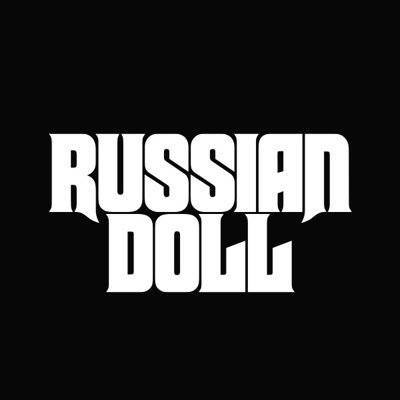Netflix’s new original series “Russian Doll” is quick, charming and utterly mind-bending. It is the type of show that forces the audience to engage and feel just as involved as the Russian doll herself, Nadia. Portrayed by Natasha Lyonne, also an executive producer, writer and director for the show, Nadia is a sarcastic, no-nonsense software engineer that is thrown from her normally eccentric, drug-fueled life into a life of absolute insanity.
The show follows Nadia on her birthday, which happens to be the same day she dies. That may sound like a spoiler but, in the style of the 1993 film “Groundhog Day,” or the more recent “Happy Death Day,” Nadia finds herself reliving the same day over and over, only to inevitably die in some new, inventive way and reawaken in the bathroom at her birthday party. From that foundation the show’s storyline truly blooms. As Nadia relives her birthday over and over, the day begins to change with her actions, and seemingly of its own accord. Characters become linked to other characters in unexpected ways. Details that seemed insignificant at first reveal stories within the overarching plot that give the show a living, breathing feel.
As a viewer you can’t help but constantly doubt your assumptions about the story and approach everything with a critical and attentive eye. The show doesn’t spoon-feed you any answers. It doesn’t tell you why things are happening, just that they are. You begin to ask yourself the same questions the show’s characters ask themselves out of your own curiosity. How and why does Nadia keep coming back? Why are things changing in the way they are? What else is she missing? These questions keep the viewer engaged to the point where the show is almost interactive. Shows often run the risk of failure with this abundance of big questions and vague mystery. When too many loose threads are created without a common destination in mind, it can be hard to tie them together in a satisfying way.
“Russian Doll” is a show that challenges the very concept of reality for its characters, and this can be a tough premise to make plausible. For example, look no further than one of TV’s most controversial yet beloved shows, “Lost.” During the first few seasons “Lost” writers piled on layer after layer of intrigue and mystery. For every question they answered, two more rose in its place. It was the unfinishable hydra of TV drama. By the time the writers attempted to bring the show to a satisfying end, it was too late. For many, the later seasons of “Lost” are not worth watching simply because it is more satisfying to leave some questions unanswered.
This is often the route which works best and is ultimately the one Russian Doll ends up choosing. Season One ends on a note that, while satisfying and brings one major storyline to a close, still leaves many of the big questions unanswered and builds a strong foundation for a second season. It is similar to the ending of “Inception,” the equally mind-bending film about traveling through dreams and altering thoughts. At the end of the movie, the main storyline has been finished, but another major story is left open ended. Did one of the characters get what he wanted, more than anything? Or is he stuck in a dream, never to achieve his goals? While this unresolved ending may not be clean cut, it can surely be agreed that it is better than the dreaded ‘it was all a dream’ cliché.
With a core writing staff that includes the showrunner and main actress Lyonne and the award-winning writer Amy Poehler, “Russian Doll” is in good hands to be successfully guided to a satisfying finish. Though it hasn’t been renewed yet, it was pitched for three seasons and Netflix gave the pitch a supportive reception, according to Chris Longridge of Digital Spy. Even if the show should fall into the same pitfalls as “Lost” or into the ‘only a dream’ clichéd trap, the sharp, concise writing and inspired acting should ensure the show remains entertaining and fun at the very least.
Owen Bailey is a Collegian correspondent and can be reached at [email protected].



















